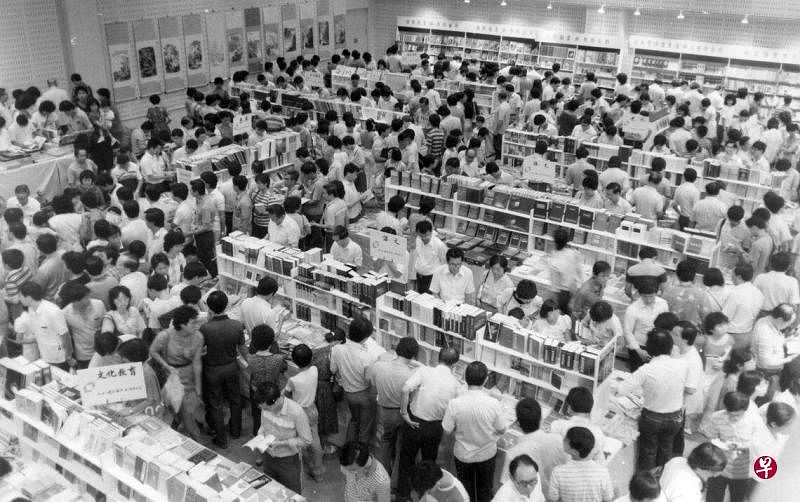阅读城市,城市阅读,阅读为我们的城市增添温度、灵魂与色彩。
拥有37年历史的新加坡书展将更名为城市阅读节,改变以往在一个定点主办书展和讲座的形式,聚焦推动阅读,以更灵活的形式与多个伙伴合作,呈献多场精彩节目与活动。百胜楼商联会今年首次配合城市阅读节,联合本地书商在百胜楼主办大型书籍展销会,为公众提供一周的买书好去处,也将提供许多优惠。
首届城市阅读节结合第三届早报文学节,邀请多位国内外作家、翻译家欢聚岛国,举办座谈、交流对话,展开文学对时代、社会、个人的观照的讨论,回应当下一些荒谬与困境,充实我们的阅读体验和精神活动, 将文学的闪光与阅读的喜悦带给本地华文读者。















